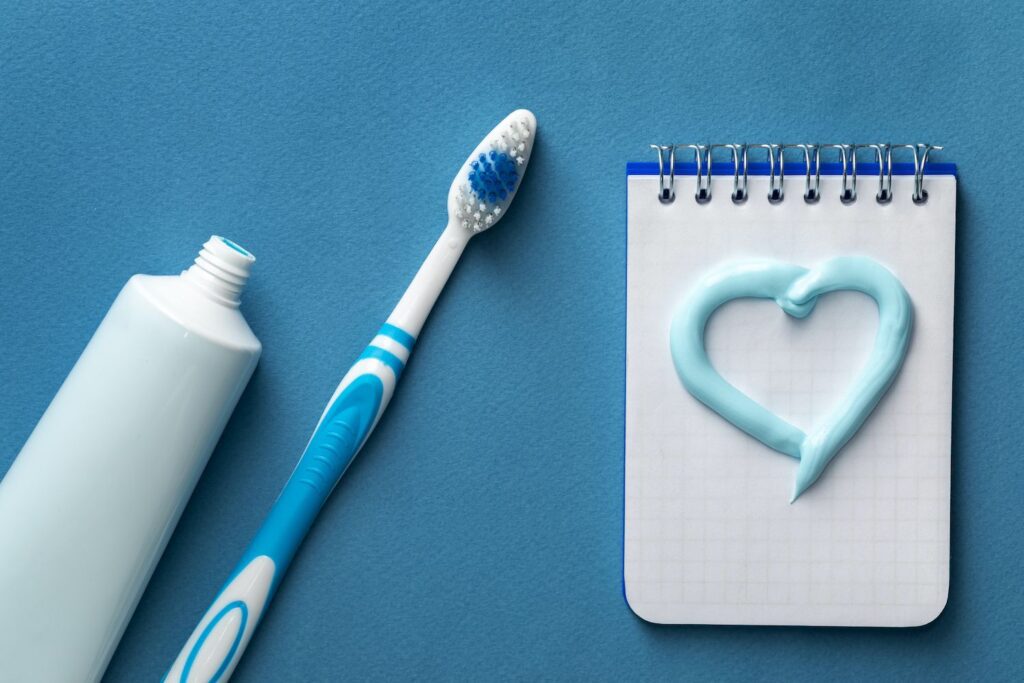Oral hygiene refers to the routine efforts we make to keep our mouths clean. Lingering food particles and oral bacteria will create a film over the teeth called plaque. We must remove plaque and other residues from our smiles to keep the teeth strong and to prevent dental problems like cavities and gum disease.
This will require consistency in oral hygiene practices, but you should also use the right supplies for this regimen. Your dentist can offer advice about improving your oral hygiene at your next appointment. But you can also read on to learn about three oral hygiene tools that can maximize your at-home preventive dental efforts.

Find the Right Toothbrush
A toothbrush is a scrubbing utensil that features a long handle with bristles attached to its head. You use the bristles to brush away plaque and other residues that tend to stick to your teeth and deteriorate your dental health.
Make sure you choose a soft-bristled toothbrush rather than one with hard bristles. Hard toothbrush bristles will not do a better job of scrubbing your teeth. But they could prove too harsh and irritate your gums and your tooth enamel.
You could also benefit from an electric toothbrush rather than a traditional manual one. The electric toothbrush can automatically move in gentle circles so that you know the device will thoroughly clean your teeth and remove as much plaque as possible. Your dentist can provide you with more details about your toothbrush options when you give them a call.
Look for High-Quality Toothpaste
Toothpaste is a gel-like substance that you apply to a toothbrush’s bristles to improve the scrubbing capability of the brushing process. The product has abrasive ingredients that allow you to better remove stubborn build-up and surface stains to make your teeth cleaner, fresher, and brighter.
To ensure you buy a product that works as advertised, look for the ADA label. You may also want to look for a type of toothpaste that contains fluoride. This mineral will absorb into your tooth enamel to strengthen your smile as you brush. Then you can better fight cavities and keep your smile looking and feeling its best.
Consider Your Floss Options
Daily flossing is just as important as brushing your teeth twice a day when it comes to oral hygiene. You can use traditional string floss to clean between your teeth where a toothbrush cannot properly reach.
You may also want to consider alternative flossing tools, especially if you have braces, dental implants, or other oral appliances. Floss picks, for instance, feature string floss attached to a plastic handle for an easier grip and simpler maneuverability.
A water flosser is a device that generates a stream of water that you aim to clean between the teeth. You can swap out the tip of this tool to target gum pockets and address other unique dental needs. Talk to your dentist to discover which oral hygiene tools can benefit your smile.
